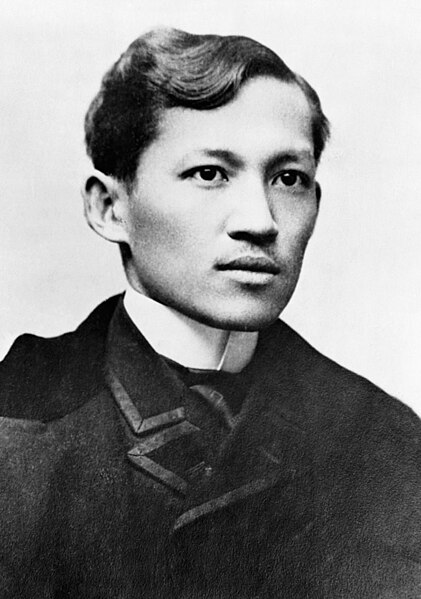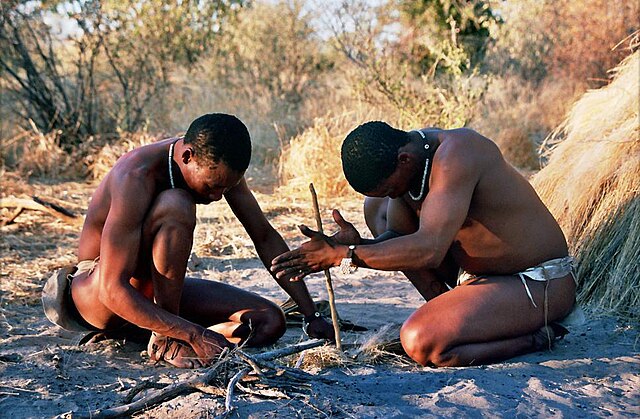Civil society can be understood as the "third sector" of society, distinct from government and business, and including the family and the private sphere. By other authors, civil society is used in the sense of
1) the aggregate of non-governmental organizations and institutions that advance the interests and will of citizens or
2) individuals and organizations in a society which are independent of the government.
International Civil Society Week 2019
Civil lecture at Budapest Brainbar
After decades of forbidden national days, on the 15th of March, 1989, the communist regime of Hungary allowed people to celebrate the 1956 revolution. Parallel with the state celebration at the National Museum, independent organisations called the public to gather at the statue of Petőfi Sándor.
A society is a group of individuals involved in persistent social interaction or a large social group sharing the same spatial or social territory, typically subject to the same political authority and dominant cultural expectations. Societies are characterized by patterns of relationships between individuals who share a distinctive culture and institutions; a given society may be described as the sum total of such relationships among its constituent members.
Ant social ethology: Ants are eusocial insects. The social group enables its members to benefit in ways that would not otherwise be possible on an individual basis.
José Rizal, a theorist of colonial societies
San people in Botswana start a fire by hand.
Maasai men perform adumu, the traditional jumping dance.







